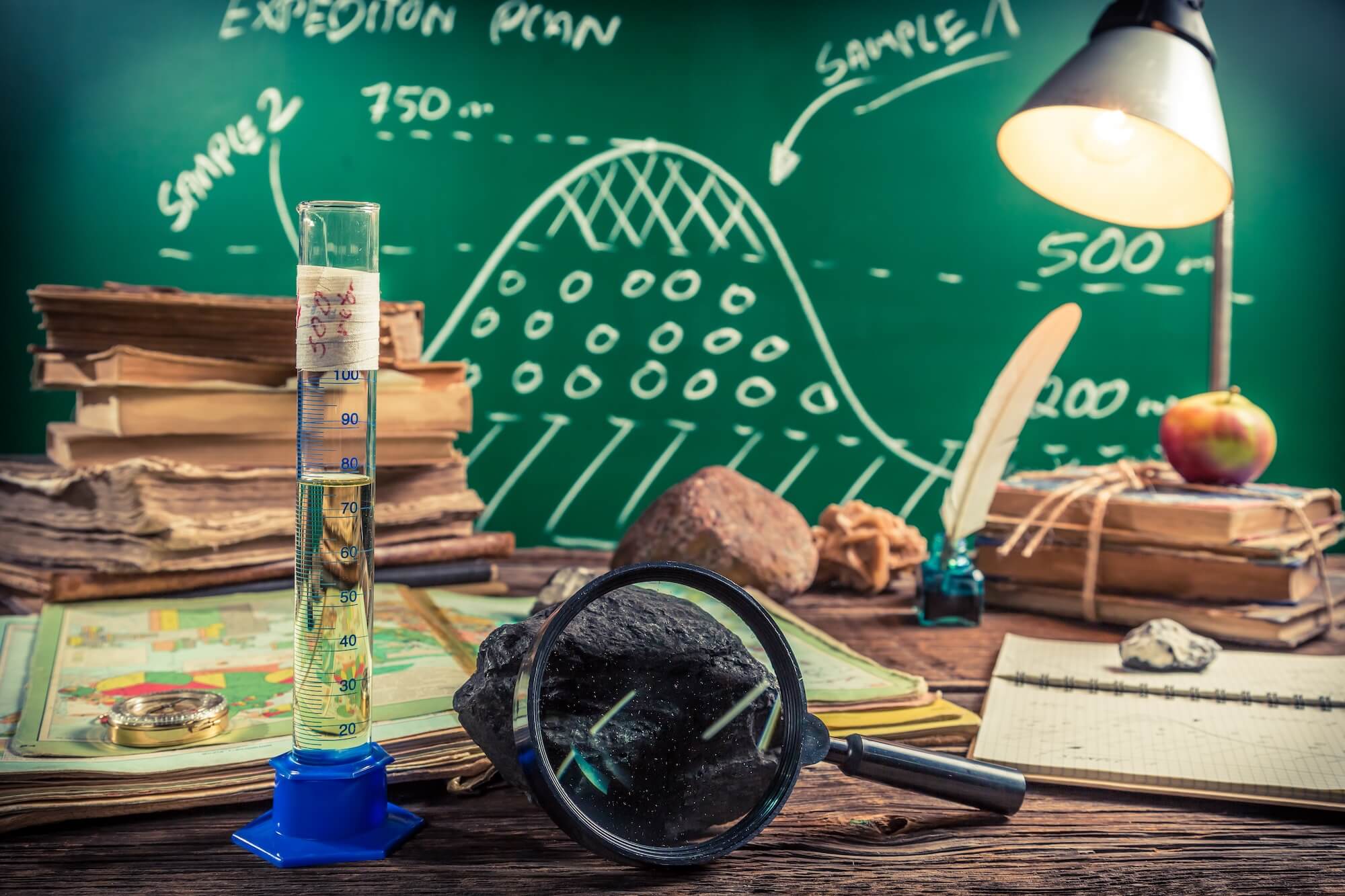
In today’s fast-paced world, students face increasing demands on their time and attention. To succeed academically, it is crucial to employ effective studying techniques that go beyond simply reading textbooks and taking notes. Two prominent approaches in the realm of studying are active and passive learning techniques. In this article, we will explore the benefits and strategies associated with active learning, self-directed learning, and active recall note-taking. By implementing these methods, students can optimize their learning potential and achieve academic success.
Active Learning: Engaging in the Process
At Connected, we adopt an active learning is a student-centered approach that encourages engagement, critical thinking, and problem-solving.
Unlike passive learning, which involves passively receiving information, active learning requires students to actively participate in the learning process.
By doing so, students are more likely to retain information, improve understanding, and develop essential skills.
One effective active learning method is self-directed learning. This technique empowers students to take control of their education by setting their own learning goals, creating study plans, and seeking out resources and materials independently.
Self-directed learners are proactive, motivated, and take responsibility for their learning outcomes. They actively seek knowledge and make connections between different concepts, fostering a deeper understanding of the subject matter.

Study Strategies: Techniques for Effective Learning
To enhance active learning, it is important to adopt effective study strategies. Here are a few key techniques that can boost academic performance:
- Active Recall Note-Taking: This technique involves actively summarizing and paraphrasing information while taking notes, rather than passively copying down what the teacher or textbook says. By engaging with the material and rephrasing it in your own words, you reinforce your understanding and increase retention.
- Practice Retrieval: Engaging in regular retrieval practice, such as self-quizzing or solving practice problems, strengthens memory recall and improves long-term retention. Instead of simply reviewing notes, actively challenge yourself to recall information without prompts. This method promotes active engagement with the material and helps identify knowledge gaps that need further attention.
- Utilize Concept Mapping: Concept mapping is a visual learning technique that involves creating diagrams or mind maps to connect related ideas or concepts. By organizing information in a structured manner, concept maps aid in understanding complex relationships, enhancing knowledge retention, and facilitating critical thinking.
Active Learning Techniques for Studying: Best Practices
To make the most of active learning, consider incorporating the following strategies into your study routine:
- Teach Others: Explaining concepts to others, whether to a study group or a friend, reinforces your understanding and helps solidify your knowledge. Teaching others requires active recall and forces you to simplify complex ideas, ensuring a deeper grasp of the subject matter.
- Break Down Information: Instead of attempting to cram large amounts of information into one study session, break down your study material into smaller, manageable chunks. This approach allows for focused attention, reduces cognitive overload, and enhances retention.
- Engage in Application: Apply your learning to real-world scenarios or practical examples. By actively using your knowledge, you develop a deeper understanding of how concepts work in different contexts and enhance your problem-solving abilities.
- Utilize Multisensory Learning: Engage multiple senses while studying to reinforce learning. Incorporate visual aids, such as diagrams or videos, and verbalize information aloud to stimulate auditory learning. This multisensory approach enhances memory encoding and retrieval.
Conclusion
Active learning and self-directed learning are powerful techniques that promote deep understanding, critical thinking, and knowledge retention. By incorporating active learning strategies into your study routine, such as active recall note-taking and practice retrieval, you can optimize your learning potential and achieve academic success. Remember to break down information, engage in application, and utilize multisensory learning to enhance your understanding and improve your study outcomes.

blog & news
Stay Informed, Stay Inspired.


CBSE Class 10 Maths Chapter 15 Probability Formulas – Complete Guide

Surface Area and Volume Formulas for CBSE Class 10 Maths with Examples
Start your journey
with ConnectEd.

Start your journey
with ConnectEd.

Get in touch with us with any inquiries or assistance.
ADDRESS
Visit us for a personal consultation or meeting.


